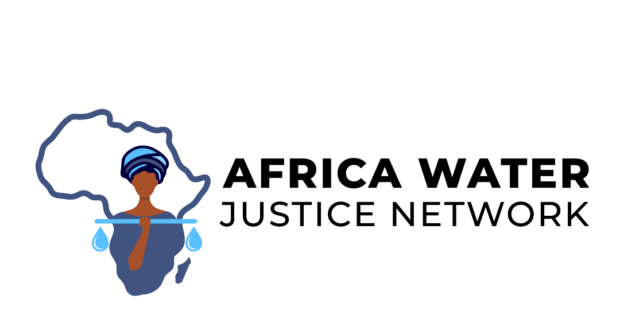Claim Your Water Rights grantees
End Water Poverty dedicates 70% of its operational budget to members. Following our open call in previous newsletters, we received 19 high-quality applications for Claim Your Water Rights mini-grants.
The secretariat carefully assessed each application against our granting criteria, taking into consideration: cost, geographic spread, if the applicant recently received funding, and diversity of strategies and themes. The four organisations selected not only meet the criteria but together cover a range of themes – climate justice, elections advocacy, public control, supporting marginalised groups, working with national human rights institutions – that deepen the campaign and align with other coalition members’ advocacy aims.
Please join us in congratulating:
- Amalgamated Union of Public Corporations, Civil Service Technical and Recreational Services Employees (trade union)
- Christian Fellowship & Care Foundation / Centre for Peace Across Borders (Nigeria)
- Matabeleland Institute for Human Rights (Zimbabwe)
- Society for Community Development Project / Society for Education, Environment and Development / Integrated Rural Development Society (India)
One of our main aims in the new phase of Claim Your Water Rights is to diversify grantees while sustaining ongoing campaigns. In this latest round, we are providing mini-grants to five organisations who have not previously received funds from End Water Poverty. This means that the Claim Your Water Rights campaign now has active funding agreements with members in Mexico, Thailand, India, Nigeria and Zimbabwe, as well as a grant to a public services union for the first time.
We are grateful to all members who submitted thoughtful, compelling concept notes. We hope to expand our granting capacity when we open calls again in October.
EWP agrees new website host and developer
End Water Poverty has appointed The Ethical Agency (TEA) to host and update its website, plus develop tools such as social media templates. We’d like to thank our previous web-host and developer GreenNet for assisting the transition to TEA and supporting our members’ work over the years.
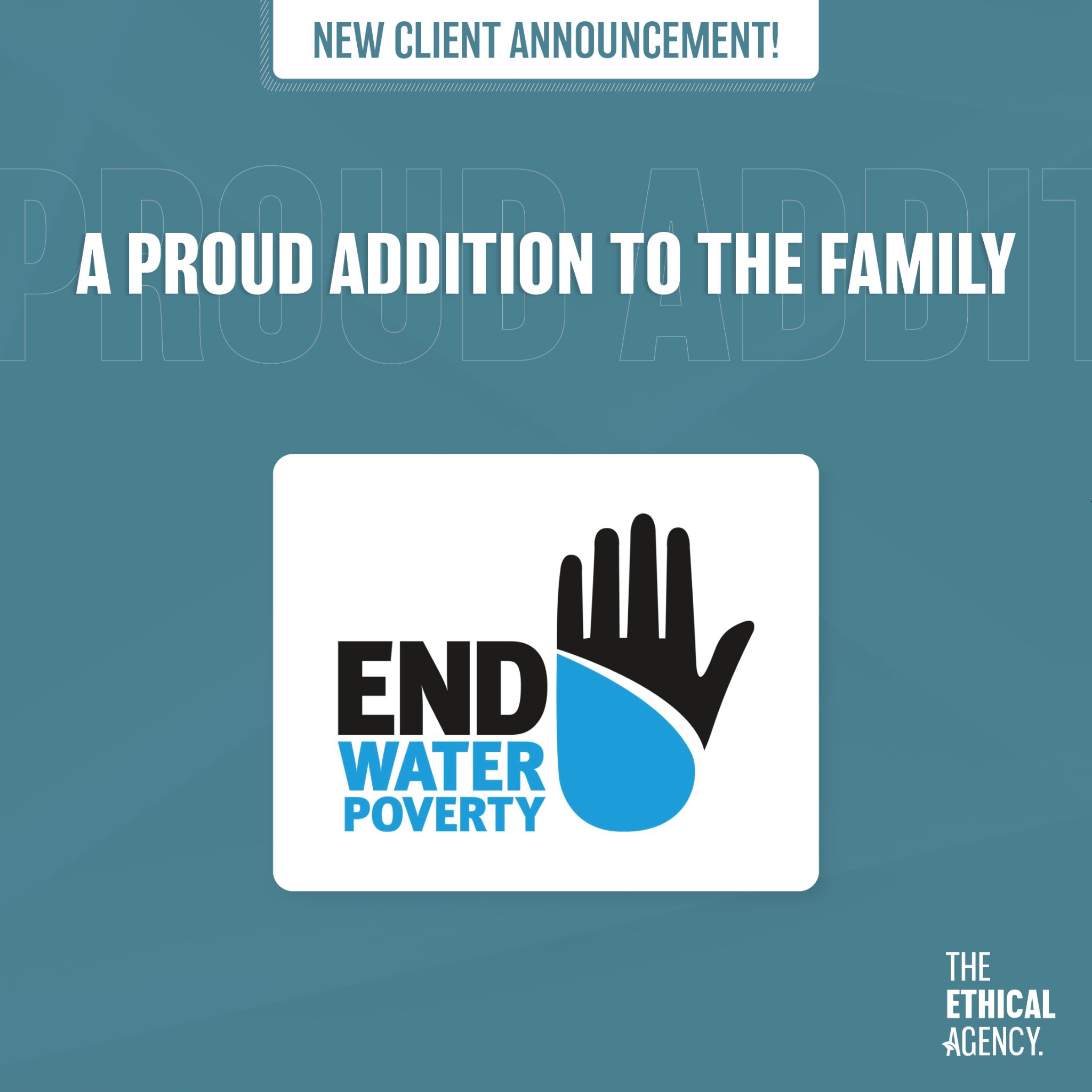
2022 General Assembly
End Water Poverty will hold its biennial general assembly on Tuesday 27 September at 12-3pm UTC. The assembly will cover both the coalition’s governance and campaigns strategy. The secretariat is taking great strides to strengthen strengthen systems, procedures, and quality. We want to introduce members to our new chair and steering committee representatives; to share the findings of an independent review of our hosting relationship with WaterAid; to present the incredible work our members are doing all over the world through our progress report; to hear your views on our updated membership and granting criteria; and, excitingly, to launch our new website and communications tools.
The assembly will also set the scene for the next phase of Claim Your Water Rights. Having supported 26 different members in 14 different countries since 2019, we are well-placed to jointly assess what has worked, where and why to sharpen rights claiming strategies.
Stockholm World Water Week 2022
End Water Poverty will co-host two sessions at Stockholm World Water Week this year. The first, ‘Hearing the unheard: mutual accountability to realise WASH rights’, amplifies the lived experience and demands of marginalised groups. We have a diverse panel of speakers: the Pastoral Women Alliance in India; farmers under closed civic space in Iran; informal settlement leadership in South Africa; survivors of sexual exploitation in Kenya; indigenous leaders in Cambodia; and pit emptiers in Kenya. Rio Hada from the United Nations Office of the High Commissioner for Human Rights (OHCHR) and Pedro Arrojo-Agudo, the special rapporteur on the human rights to water and sanitation, will introduce the session and respond to presenters. The session takes place online on Wednesday 24 August at 11:30 CEST and is co-convened by Simavi, Kenya Water and Sanitation Civil Society Network (KEWASNET), and the Rural Water Supply Network (RWSN). You also can follow and contribute to the #HearingTheUnheardHRWS campaign on our social media.
Earlier the same day at 10:00 CEST we will co-host a session with Water Witness, WaterAid and KEWASNET: ‘Unlocking accountability – the unseen enabler of essential water services’. The session will show how accountability and active citizenry are vital to transforming water and sanitation services. You will hear from research fellows who are gathering and analysing local evidence to hold public institutions and private companies accountable in Ethiopia, Kenya, Tanzania, and Zambia.
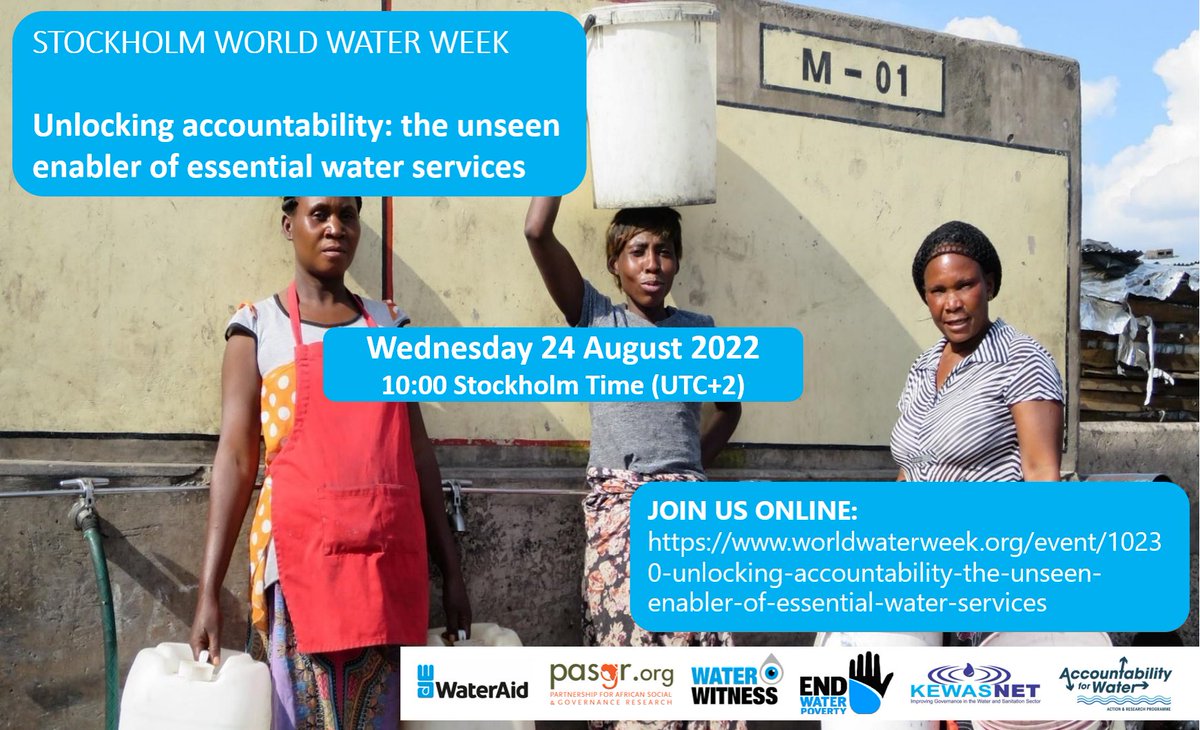
We will share the recordings from both sessions in our next newsletter for members who cannot join online.
Elections advocacy webinar
Thank you to those who joined and contributed to WaterAid’s vibrant discussion on how to make water and sanitation a vote-winner. Asif Aqeel from Centre for Law & Justice (Pakistan) and Attah Benson from the Nigerian National Civil Society Network on Water and Sanitation (NEWSAN) spoke superbly about their experience while numerous members – including Integrated Regional Support Programme, Water Citizens Ghana and United Youth Liberia – added insightful comments. You can find written highlights on Twitter.
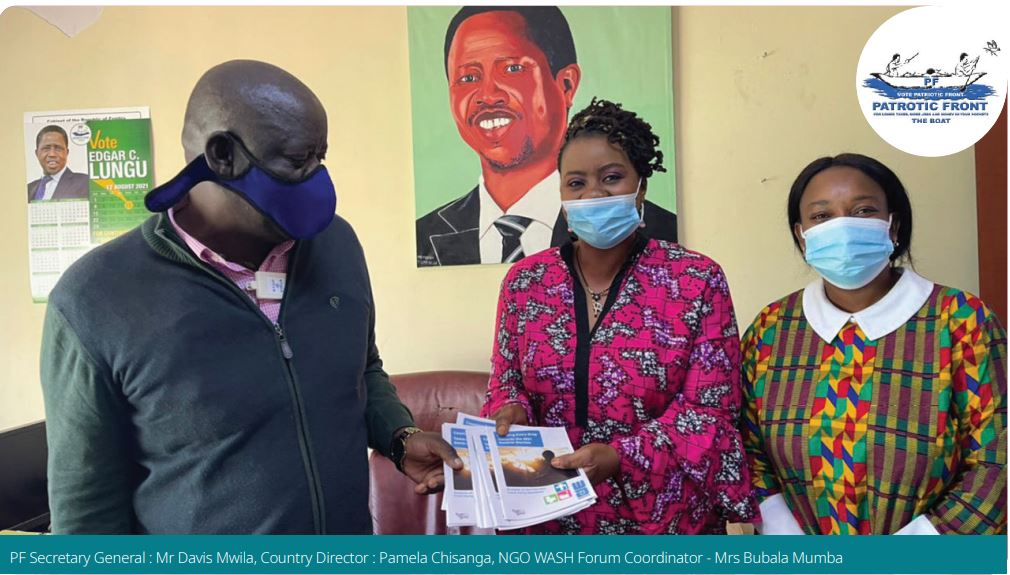
Statistics SA report reveals number of households using bucket toilets has increased
Our coordinator Alana Potter spoke to Newsroom Afrika about the use of bucket toilets in South Africa. Municipalities provide bucket toilets as a supposedly temporary measure but a national survey found more households using bucket toilets in 2020 than 2019. “The provision of bucket toilets says ‘you are temporary, you don’t belong here'”, said Alana. “From a health perspective, from a socio-economic perspective, from a rights perspective but also just from the perspective of ordinary human dignity, this is extremely concerning.”
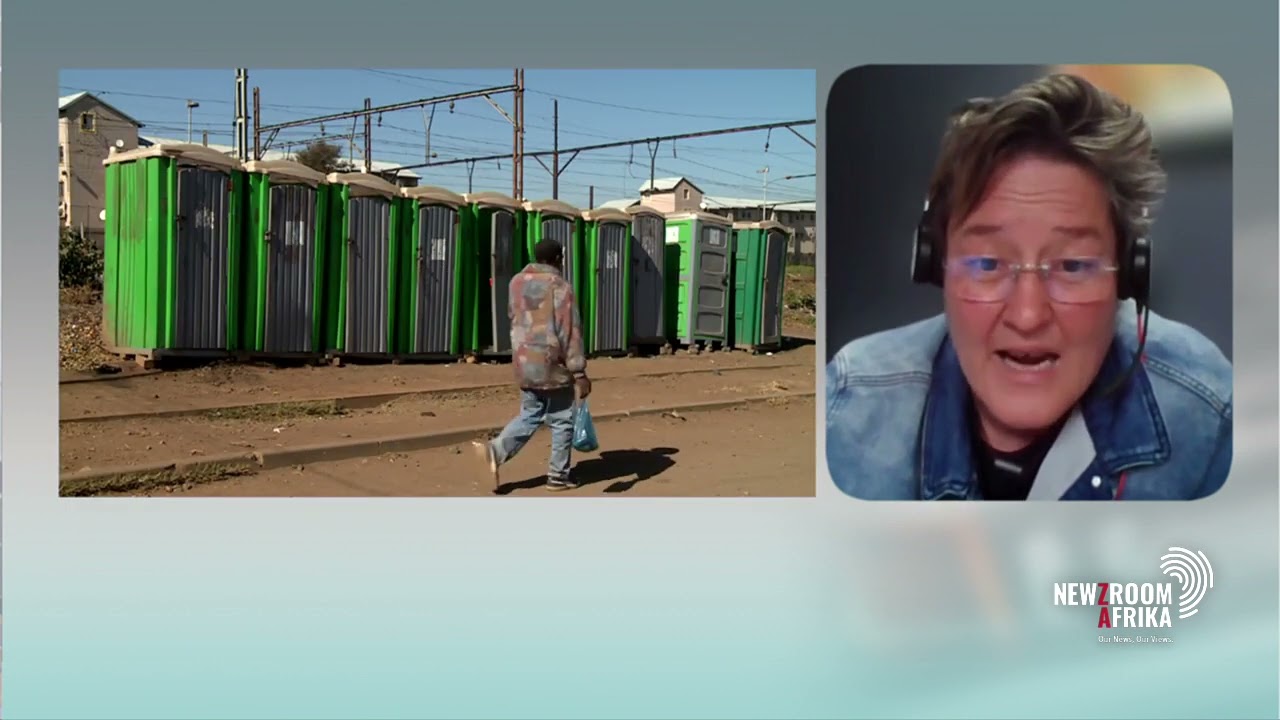
Africa Water Justice Network statement on 12th anniversary of the human rights to water and sanitation
To mark the 12th anniversary of the United Nations’ declaration of water as a human right, the Africa Water Justice Network (AWJN) backed civil society organisations resisting the dispossession of people’s rights. In a public statement AWJN called for governments to fulfil their obligations as duty-bearers by providing quality water and sanitation services: “Under the guise of public-private-partnerships government will be shirking more of its social responsibilities and directing people with whom it has a social contract to market actors […] more tax-funded social sector investments are needed in times of crisis – not less.”
